Moehammad Amar Ma’ruf/Author of Book Katulistiwa and Counsellor for Education Foundation Kesatuan-West Jakarta
It has been a decade I met and accompanied the recycling activists in Jakarta Province in empowering urban society how to recycle plastic and paper wastes into valuable thing such as domestic ornaments, accessories, toys, etc. This activity is organized not only for the national society but also for the international society.
Since then during my observance through media social, it seems scope of activity become flourish when I look some activists do recycling plastic waste into higher value such as fuel energy to support operating an modified engine in small or domestic industries. One of them is the activist in west Java who was visited by his Governor of West Java. While during Indonesia International Sustainability ForumIISF held on October 9-10, 2025 at Jakarta Conventional Centre/JCC and at Trade Expo Indonesia 2025 held on 15-19 October , 2025 at ICE BSD City, respectively there are special booth performing electronic machine for recycling used palm oil (jelantah) and electronic machine to receive plastic bottle change into voucher.
Undeniable, it makes new opportunities for many elements of society. Furthermore it has contributed generating income for the creator and grass root to participate in collecting the waste and send to the Waste Banks (Bank Sampah). It is also recorded that numbers of Waste Banks are found quite many in big cities. According to the report of Ministry of Environment in 2023, number of waste banks innIndonesia achieved 27.631 waste banks with average turnover of IDR 2.8 billion per month. These banks are able to absorb hundreds of thousands of workers and collect 136,860 tons of waste.
Also Read: The Forty-Four-Days of Glory: Azerbaijan’s Struggle for Justice and Peace
No wonder these phenomena happen due to the plastic products has been used from domestic uses to industrial uses. Meanwhile this ingredient is extracted from oil product which in fact contain many risks to the environment if the waste cannot be managed wisely. For that management of this waste is extremely important and become the concern of many government (G) institution and non-government (NG) institutions in the world.
Since the oil discovery, the above phenomena are growing. The world describes how challenging to separate human life with the plastic product due to the interdependency of human life with petrochemical industries that rely on crude oil sources.
Meanwhile the world society has been warned by the impact of plastic pollution in the universe and to adopt more greener industries under the flag of Sustainable Development Goal 2030 agenda to save the world from unnatural disaster. The threat is becoming clear and before our eyes.
It is admitted that under the SDG 2030 principles, the world is urged to formulate the development agenda by reducing gradually making unrenewable energy into more renewable energy. While the commitment is set to achieve the SDG Goals, many G or NG institution accompany it with recycling program that involve inclusive participations.
Also Read: Palestine Solidarity Month: A Collective Movement for Al-Aqsa and Palestine’s Freedom
The inclusive participation has invited all element in the society to adopt local wisdom that may be locally growing for example use of natural fertilizer coming from the animal (animal waste such as goat droppings) and biomass fertilizer. Meanwhile this inclusive approach also cannot avoidable with the pattern of modern living where many electronic device or gadget are abundant in used. This device has its own durability and has to anticipate its waste or it called as electronic waste (e-waste)
Internationally, electronic waste (e-waste) is regulated through the Basel Convention, which classifies it as either hazardous and toxic (B3) or non-hazardous. Starting January 1, 2025, all movements of electronic waste, whether hazardous or non-hazardous, are subject to prior informed consent (PIC) requirements for cross-border import and export, meaning the importing country must provide written approval before the shipment is permitted. *Basel Convention: This is the primary international framework for the management of hazardous waste, including e-waste, which is considered hazardous. This convention has been ratified by Indonesia through Presidential Decree No.61 year of 1993.
In Indonesia this hazardous waste is also regulated by Law No. 32 of 2009 concerning Environmental Protection and Management as the main legal basis, which is then further elaborated by various government and ministerial regulations, such as Government Regulation (PP) No. 22 of 2021 and Regulation of the Minister of Environment and Forestry (Permen LHK) No. 6 of 2021. PP No. 22 of 2021 replaces PP No. 101 of 2014, and regulates in detail the management of B3 waste, including requirements, licensing procedures, and enforcement of sanctions.
With all respect to the above regulation, with the development of information of technology today, many education institution from the basic to the highest institution are urged to educate peoples to be aware of using digital and electronic device for developing their knowledge and capacity. Meanwhile, the stakeholders must also be informed on the existing risks of using not only the device but also the waste (e-waste).
Also Read: Hassan al-Turabi: A Controversial Thinker from Sudan
At the moment of talking with the some local community who organize Paper and Plastic Waste recycling Activities, vocational students and teachers who study on computer and its net, and citizens that educate children on robotic class combine with plastic products, and in more higher level to talk on developing net and equipment, most of them have an imagination of making sophisticated products by using existing spare parts which they never be taught on creating of it as its own cultural proud. Noted: It doesn’t mean to underestimate Indonesian capability in his to success story of building aeroplane industries by national engineer and technician. Meanwhile many existing spare part to be used for doing activity is depend on imported products which has been mushrooming and abundant, but limited durability.
For example, household equipment such as spare part of making battery, television/monitor, gadget/mobile/ electronic household, audio visual device/computer etc, these equipment are limited durability and specific requirement to handle it in order to avoid hazardous for the human and environment health.
From point of view of the encounter with many stakeholders, there is still lack of awareness in handling the management of the above e-waste. Some workshops of protecting environment and upgrading the knowledge and skill of public must be held by opening the link national and internationally for avoiding the bad measures of irresponsible side who want to make our country only as garbage/waste place and Indonesia loose its income tax and only become foreign market.
For that education system and curicullum (formal and informal) should be established sustainably and cover knowledge on how to create, engineer and recycle it. Furthermore to gain public attention, substantial seminar, exchange of knowledge, capacity building for these issues must be one of the priority of national and regional agenda in supporting and realizing national and international commitment in saving the world from unnatural disasters or artificial intelligence disasters.
Also Read: Who Exactly is the RSF Group Shaking Sudan?
Let us make our country and peoples be smart citizen and free from and aware of hazardous waste that may endanger human and environment health and safety.[]
Mi’raj News Agency (MINA)
Also Read: The Two-State Solution (Palestine–Israel) in Historical Perspective






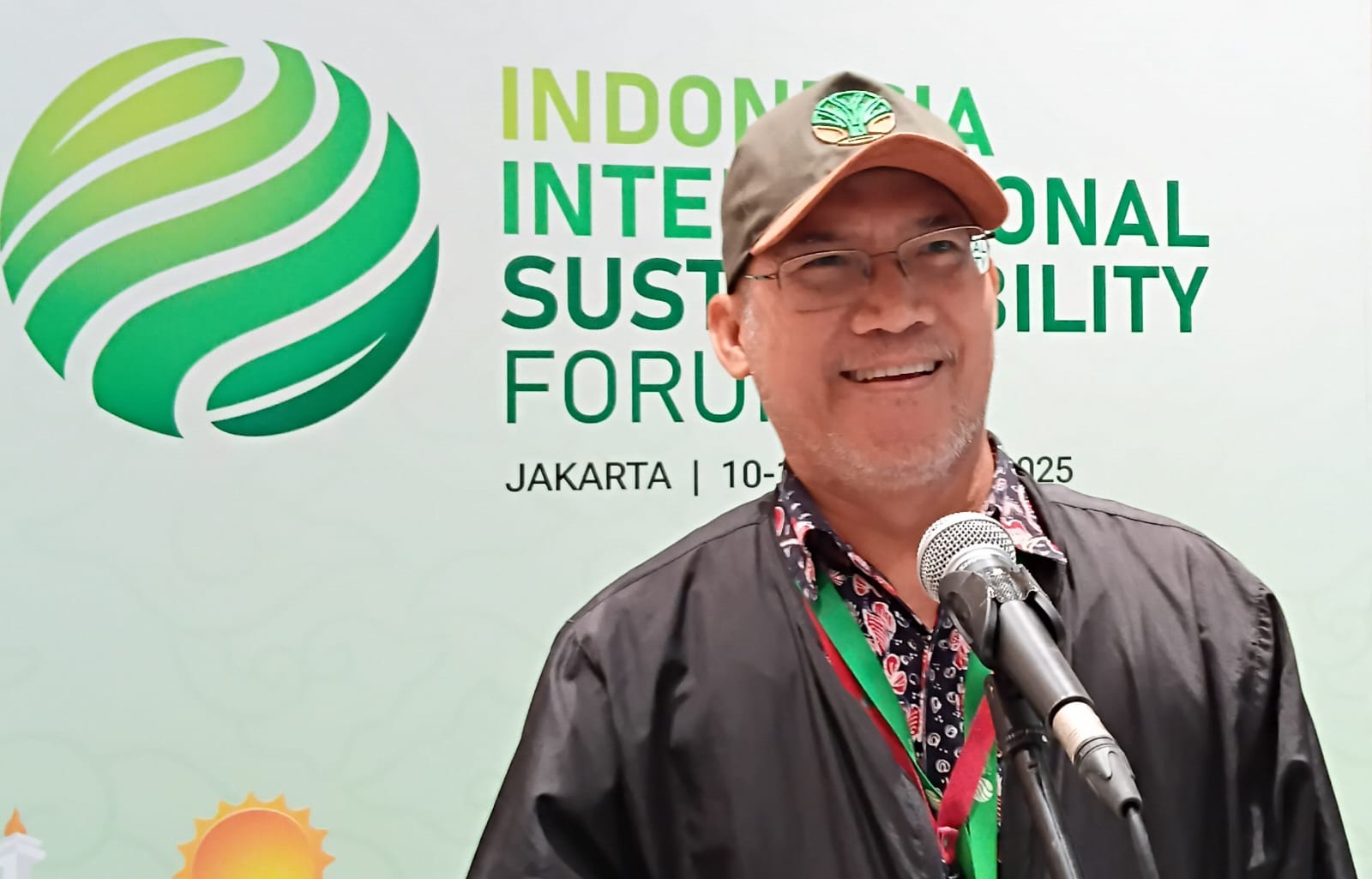

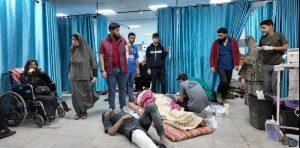
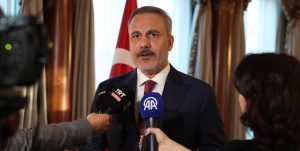
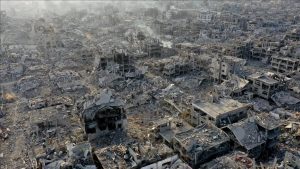
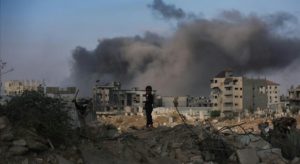




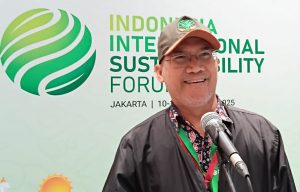
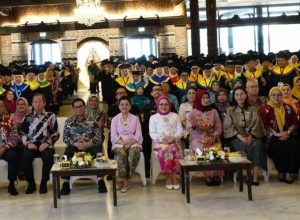
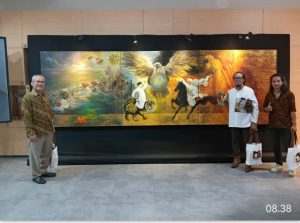
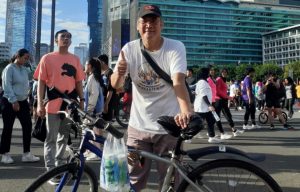
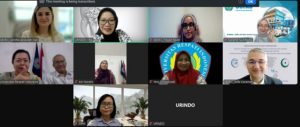
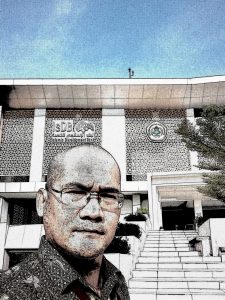







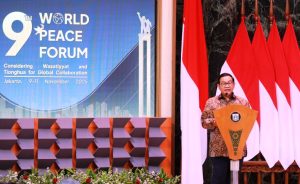





 Mina Indonesia
Mina Indonesia Mina Arabic
Mina Arabic